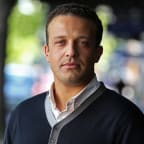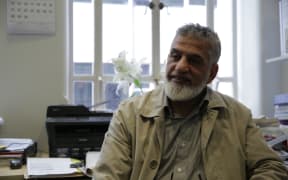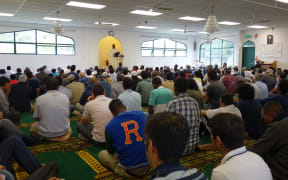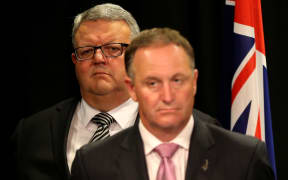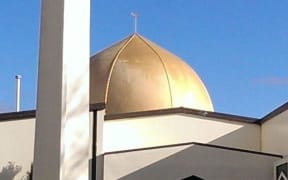The country's biggest Muslim body wants answers to whether the Security Intelligence Service (SIS) is offering young people money to spy on mosques.
This story is from the third episode of the RNZ podcast series Public Enemy. You can listen to the series here.
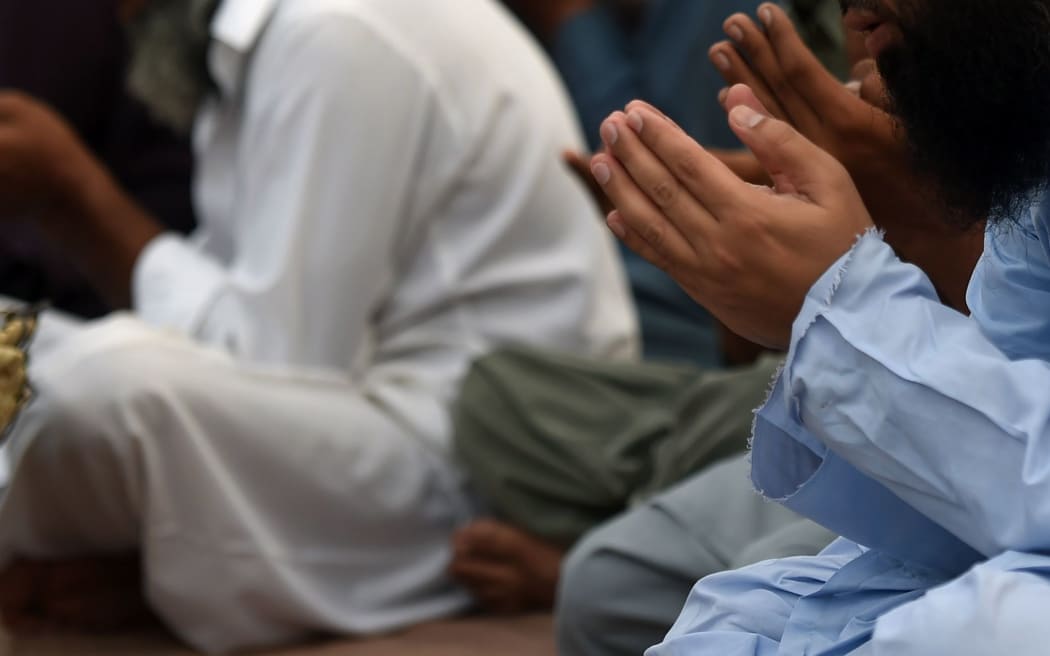
Photo: AFP
A Muslim man in his twenties said the SIS called and met with him several times this year, when he was asked repeatedly to become an informant in exchange for cash.
Community leaders corroborated his story. They told RNZ they heard similar stories from young local Muslims.
The man, who RNZ agreed not to name, is of Middle Eastern descent and was born in New Zealand.
He said he saw himself as a part of his community. He helped out every now and then and attended the local mosque.
His contact with the SIS started with an unexpected call.
"I got a phone call, and they identified themselves as the Intelligence Services.
"They told me that you're not in trouble, but we want to talk to you about your experiences overseas."
He agreed to meet them at a cafe nearby. He spoke with two men. He said they were friendly and polite. They showed him their SIS badges when they sat down.
The conversation began with questions about his life and community, before they asked him whether he was worried about anything, he said.
He met with them four or five times over the last year. He said they started asking him to do things, including collect information from certain areas, like his mosque, on a regular basis.
They said he could be paid, under the table, if he agreed.
"When they offered me job offers, I sort of didn't turn it down. I think maybe if I was abrupt with them and shut it down, it would have just been left then and there."
He refused several of their offers.
"Towards the end I got the impression that they were starting to harass me."
After he continued to say no, they suddenly stopped calling, the man said.
Now he was uncertain if the SIS was keeping tabs on him.
"I always will assume that I'm being monitored."
He had no doubt other young Muslims were approached.
"To spy on the Muslim community, yeah absolutely, they've got informants in the community, and they're watching."
Not an isolated case
Other community leaders told RNZ they heard similar stories, particularly between 2009 and 2011.
They said young people had come to them in the past complaining the SIS was calling them repeatedly or showing up at their homes asking for information.
Auckland youth worker Naima Ali said the young man's case was not isolated.
"There's many cases where youth get a call from SIS members interested in hearing about a certain person they're concerned about.
"Some of the youth have taken up that offer not knowing what their rights were or what they're obliged to do."
An SIS staffer called a person in her neighbourhood several times and asked to meet up for a coffee, she said. When he refused and stopped answering the calls, they turned up at his home.
"They knocked on his door and asked for him, but he wasn't there at the time, so they said they'll try again."
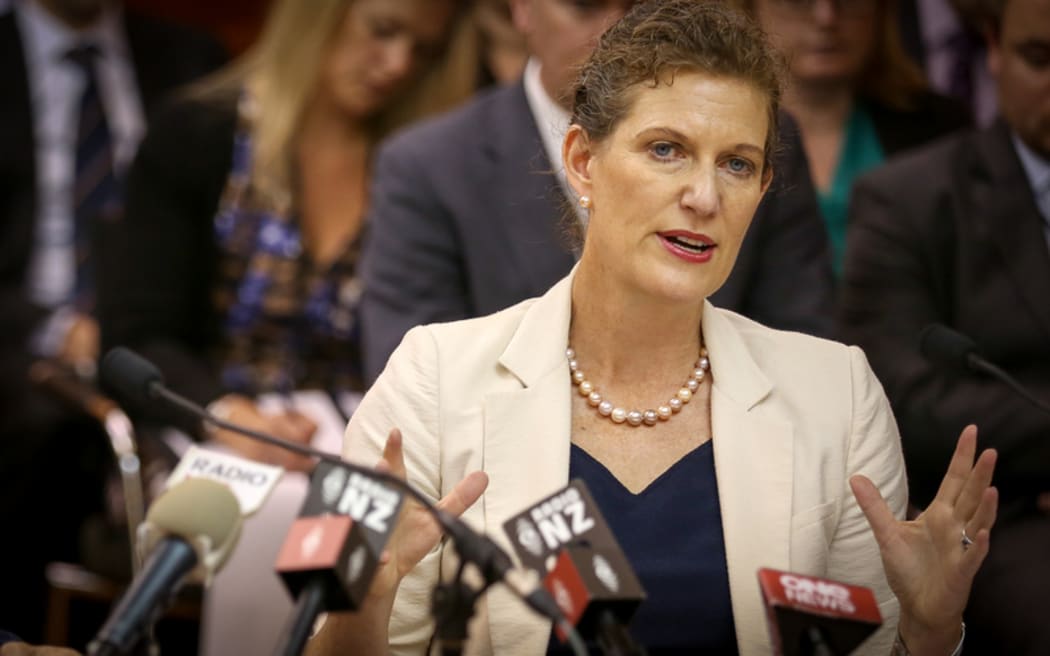
SIS director Rebecca Kitteridge. The agency would not discuss its methods. Photo: RNZ / Alexander Robertson
SIS refuses to confirm tactics
SIS director Rebecca Kitteridge was not available to answer questions, but in a statement the agency said it did not comment on specific cases, individuals or methods.
"A number of agencies in New Zealand including New Zealand Police and NZSIS have responsibility for maintaining New Zealand's security, as well as identifying and advising around risks to national security," the statement said.
"Agencies work closely with communities to build partnerships and ensure open and constructive dialogue."
When pressed about the use of informants and whether cash was offered, the SIS would not respond.
The Federation of Islamic Associations in New Zealand said it had regular contact with SIS, but had not been told members of the public were being approached.
Its president, Hazim Arafeh, said the Muslim community was supposed to work voluntarily with SIS, but it would be troubling if young people were being asked to become informants.
"I've never been told in the past that they have communication with the Muslim community, it wouldn't be something we approve at all."
Mr Arafeh said he wanted answers from the SIS about the tactics they used in his community.
In 2014, then-Prime Minister John Key confirmed mosques around the country were being monitored, after a New Zealand Muslim was killed by a US drone strike in Yemen.
At that time, worshippers at the Invercargill mosque said they were being watched by undercover SIS officers.
